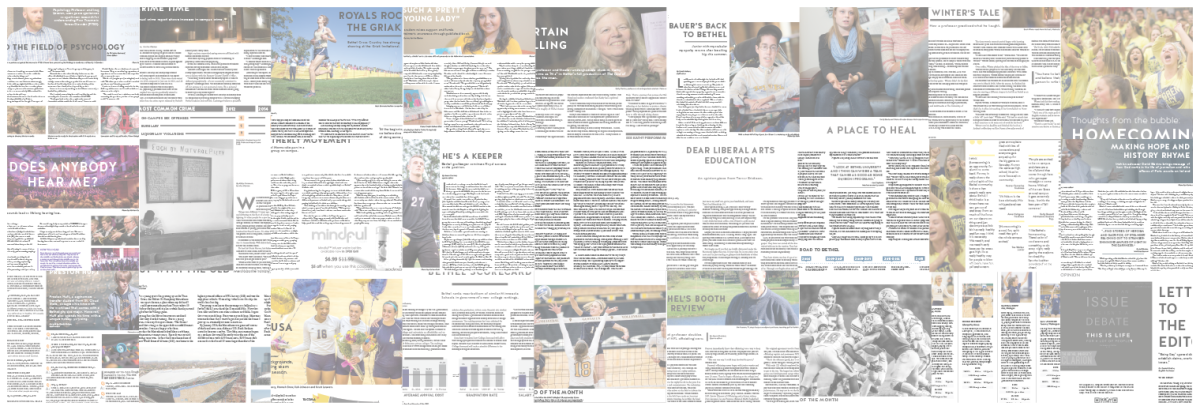The Humanities program partners with Student Life to pilot Bethel’s first Living and Learning Community.
Lauren Clyne | The Clarion
There are big changes coming to the Humanities program, but not in structure or curriculum. The changes are coming in housing. Next fall, Humanities students will be put into groups of 15 to 25 and housed near each other in each residence hall. Humanities Teacher Assistants will be assigned to each freshman dorm to lead study sessions throughout the year. Professors will visit the groups on a rotating schedule for informal Q&A opportunities.
The change is partly based on the estimated 10 percent of freshman students that drop the Humanities Program and switch to CWILT within the first month of classes.
“The unique program tends to overwhelm students within the first month,” Director of the Humanities program Joey Horstman said. “We would like to retain those overwhelmed students rather than increase our numbers.”
Horstman admits that the Humanities Program is not for everyone. However, he believes more face-to-face connections will give the Humanities program a higher retention rate.
“Bethel University’s data tells us again and again that when people have a sense of belonging, the retention rate goes up,” Associate Dean of Students Jim Benjamin said. “They have an overall better experience.”
If the conclusion is accurate, the increase in interaction within the Humanities program will give students a better chance at sticking with the program.
“Student Life’s goal is to see what the benefit would be to being more proactive when connecting academics with the residential experience,” Benjamin said.
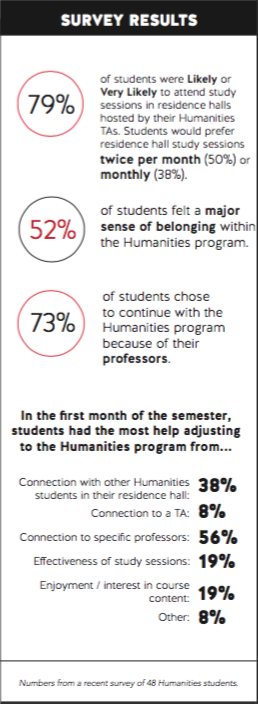 While this structure is foreign to Bethel, is not a new concept for higher education institutions. Currently, the University of Minnesota has over 30 Living and Learning Communities. CASA SOL is a residence hall purposefully attracting Latinos and Latinas. The Environmental House focuses on students passionate about sustainability, and The Carlson House invites business students into its hall.
While this structure is foreign to Bethel, is not a new concept for higher education institutions. Currently, the University of Minnesota has over 30 Living and Learning Communities. CASA SOL is a residence hall purposefully attracting Latinos and Latinas. The Environmental House focuses on students passionate about sustainability, and The Carlson House invites business students into its hall.
If the pilot goes smoothly at Bethel, Living and Learning Communities will provide similar possibilities to those at the University of Minnesota.
“We want to get a platform ready so that if the Biokinetics Program comes to us and says [they] want to do this, then they might follow the existing structure,” Student Life intern Harmon Squires said.
Living and Learning Communities may face the exclusion of commuters and PSEO students in the Humanities Program, but Squires brought up the possibility of having a TA for off-campus students as well, with study sessions held in The Loft.
Implementing the rotating informal Q&A sessions aims to increase the hours of availability of the Humanities professors. Each semester, professors accompany students to the Minneapolis Institute of Art and attend Shakespearean plays and Jane Austen-themed dances with their students.
As of now, Horstman has not encountered any push back from the Humanities professors. Their flexibility is crucial to integrating philosophy, science, theology, history and literature into a four-semester course.
The proposal will not affect housing applications and no additional costs will be implemented with the new system. Benjamin’s research suggests that Humanities students naturally spread out between Edgren, Bodien, Getsch, Nelson and Lissner.
According to Squires, the partnership between Student Life and faculty is crucial to the betterment of the Bethel experience for students.


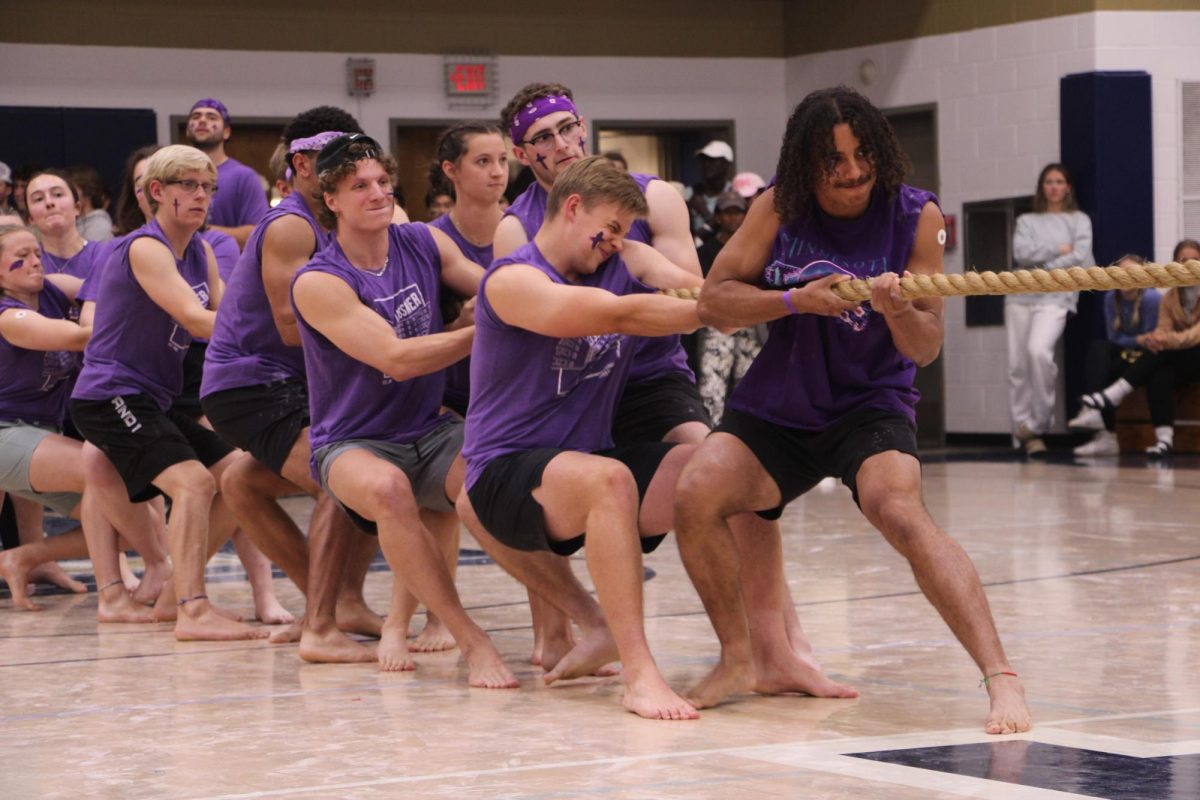
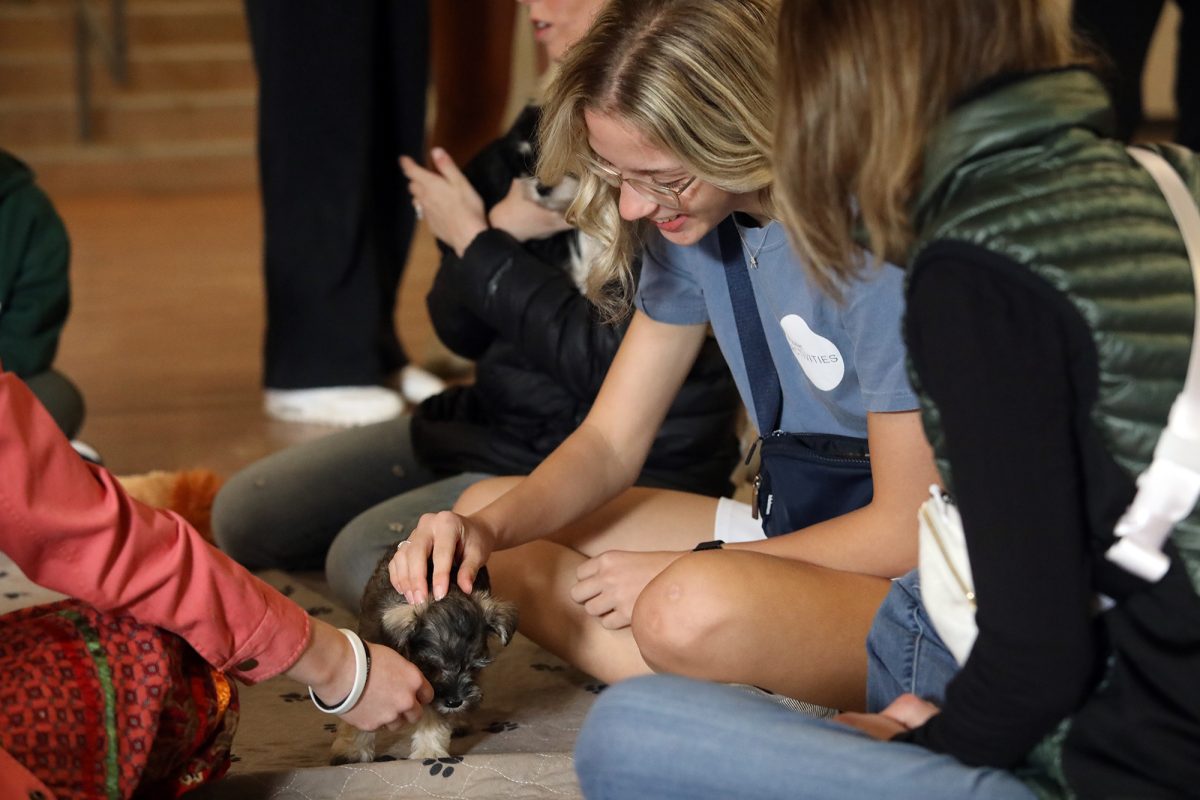
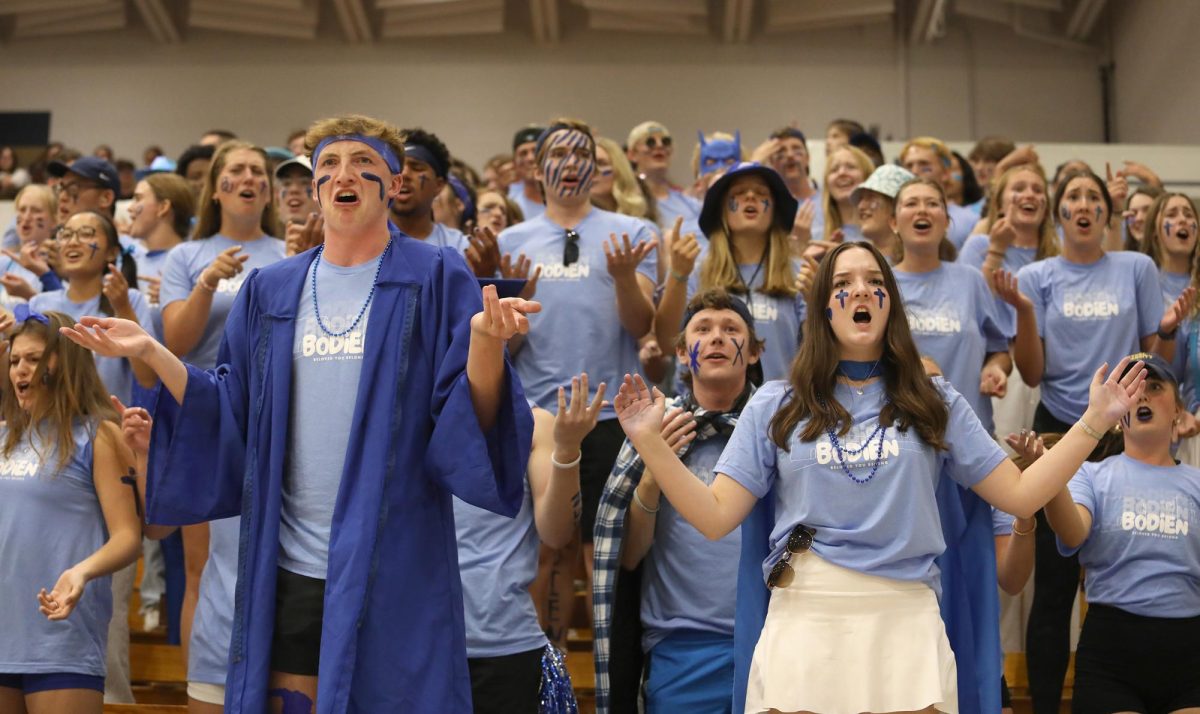

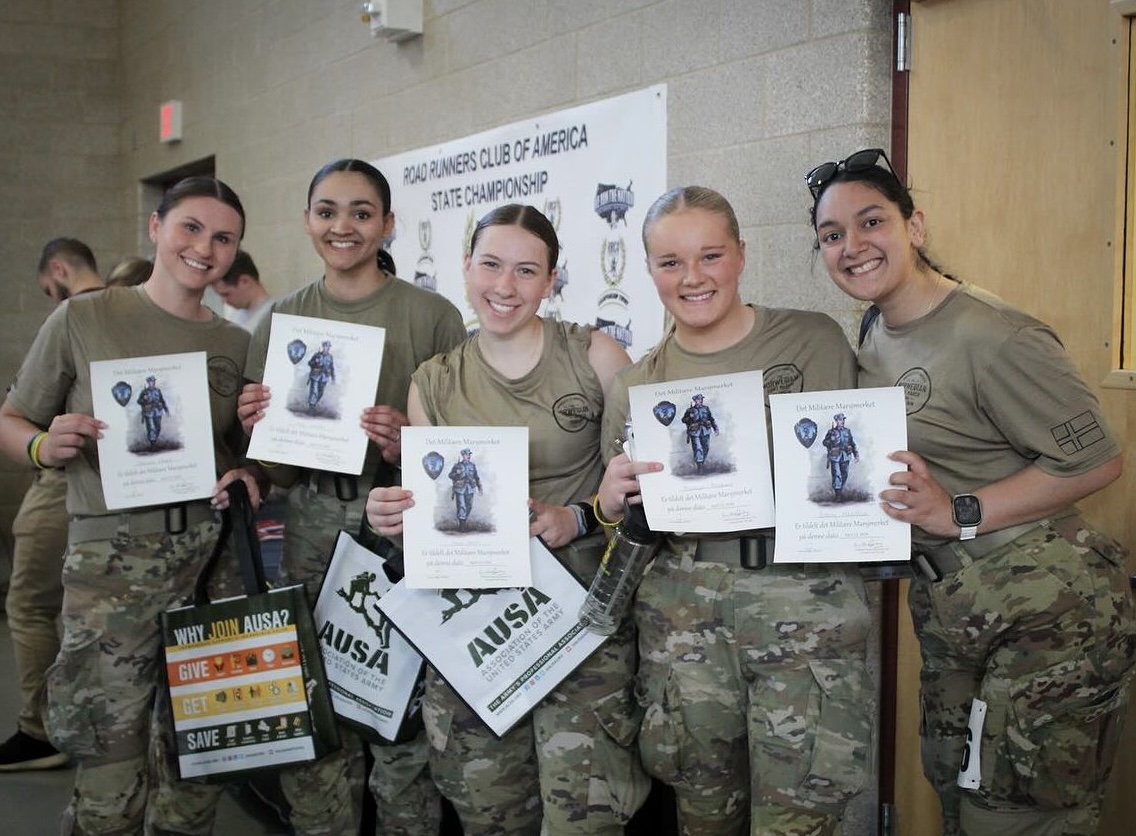

![Senior Bethel receiver Micah Niewald sheds a would-be tackler on his way to a touchdown in the Royals’ 73-8 win over Augsburg Saturday. Niewald sped his way to two touchdowns in the win, tallying 62 yards after the catch between the two scores. “Knowing I can outrun the guy that’s chasing me is a big thing,” Niewald said. “That’s going back to [strength and conditioning] Coach Meyer and everything we do in the summer and off-season.” | Photo by Carl Schumland, Bethel Athletics](https://thebuclarion.com/wp-content/uploads/2024/10/3J9A1632-1200x800.jpg)







